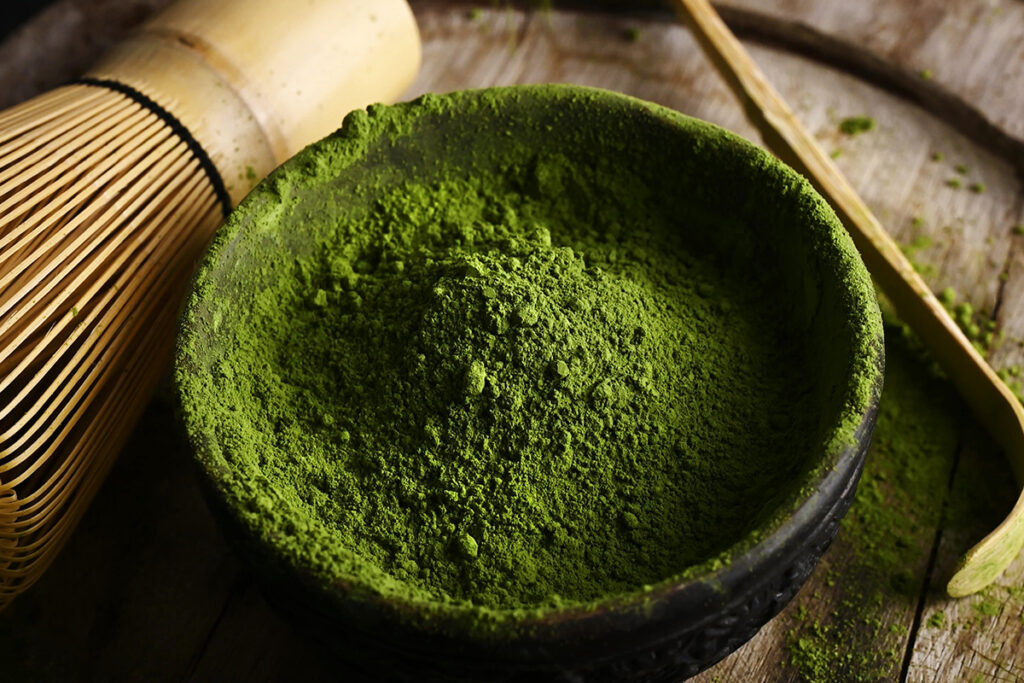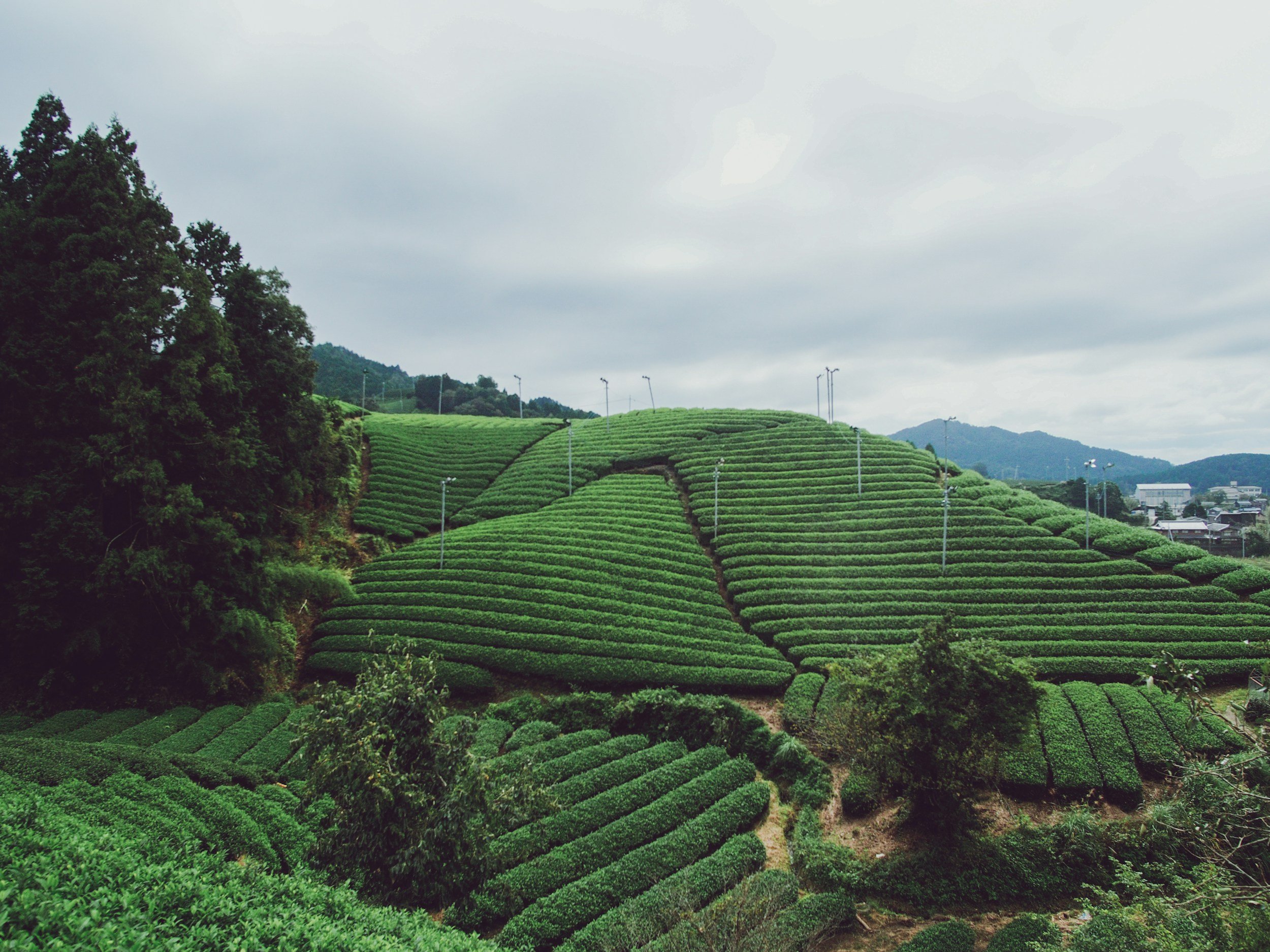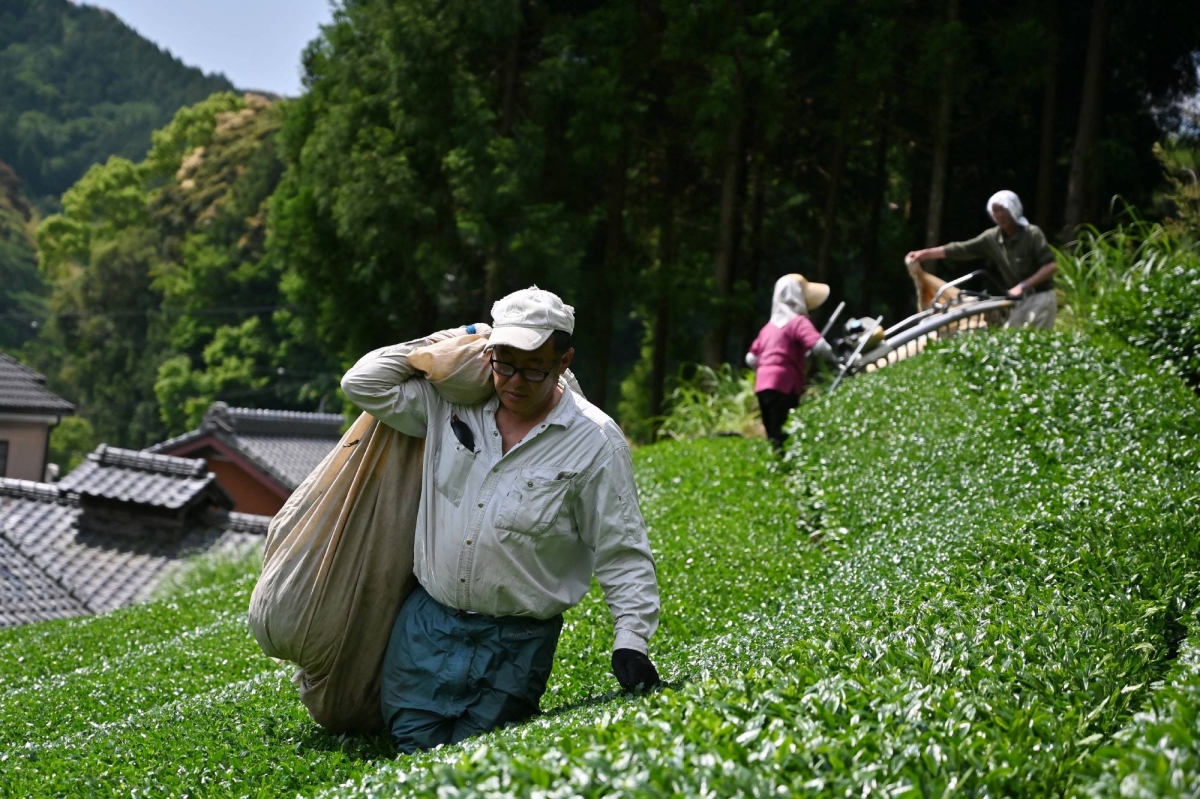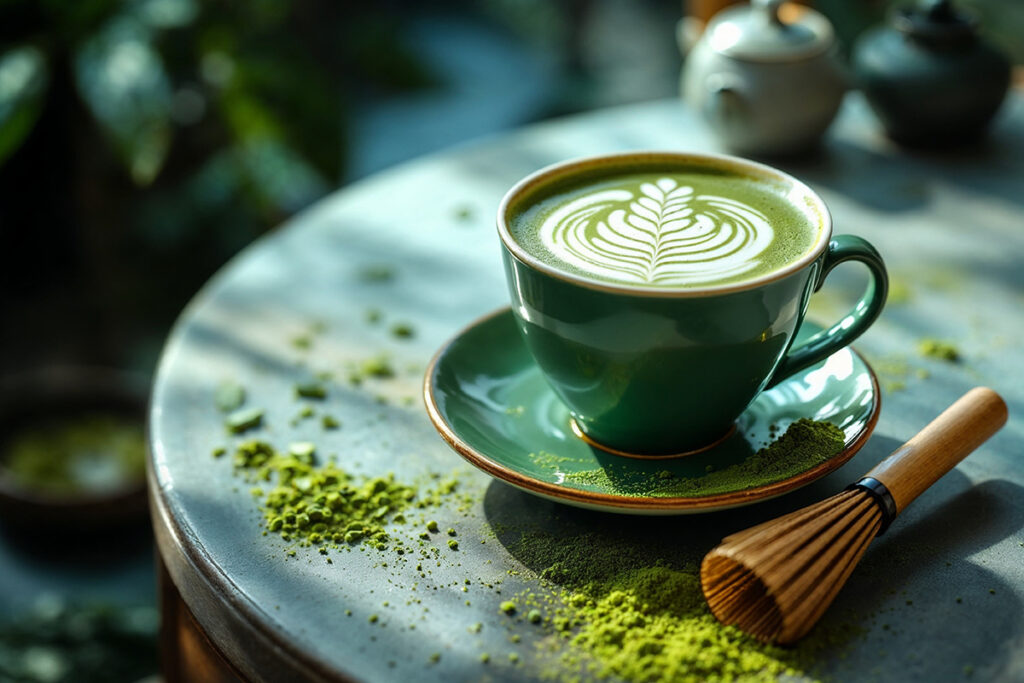The world’s obsession with matcha is reaching a boiling point — and Japan’s centuries-old tea farms are paying the price.
Once a ceremonial drink reserved for traditional tea houses, matcha has exploded into mainstream culture. Now featured in everything from Starbucks lattes to viral TikTok recipes, matcha has gone from niche to necessity.
But this viral success has a downside: Japanese producers are running out of stock.
“No matter what we try, there’s just not more to buy,” says Zach Mangan, founder of Kettl Tea in Los Angeles, where over 20 varieties of matcha are listed — but most are sold out.

Thousands of miles away in Sayama, tea master Masahiro Okutomi, a 15th-generation grower, has had to stop accepting orders.
“In the short term, it’s almost a threat — we just can’t keep up,” he said.
A Delicate Art That Takes Years to Master
Matcha is not your average green tea. Its production is slow, labor-intensive, and deeply artisanal. Leaves (called tencha) are shaded weeks before harvest, hand-processed, and ground into powder using stone mills — a process requiring years of training.
This craftsmanship is being threatened by runaway demand. Matcha now accounts for over half of Japan’s green tea exports, double the volume from a decade ago.

Influencers, Instagram & Instant Popularity
Driving this surge are influencers like Andie Ella, a French YouTuber whose pastel-hued matcha cans have sold over 130,000 units in under two years. Fans line up at her Tokyo pop-ups for a sip and a selfie.
“Matcha is so visually appealing — people love how it looks and how it feels to drink something that feels both luxurious and healthy,” she said.
Tariffs & Trouble Ahead?
The industry may face another blow: potential US tariff hikes could raise matcha import costs from 10% to 24%, pushing prices higher.
Despite this, matcha lovers aren’t backing down.
“Customers say, ‘I want it before it runs out,’” says Mangan, who sells matcha drinks for $10 a cup, and powder ranging from $25 to $150 per 20 grams.

Will the Matcha Madness Last?
With the number of tea plantations in Japan down 75% from two decades ago and younger generations reluctant to join the laborious trade, experts warn of an uncertain future.
“You can’t just mass-produce this,” says Okutomi. “It takes time. It takes passion.”
But if the world’s love affair with matcha continues to grow, Japan’s green gold may soon become one of its most precious—and rare—exports.


